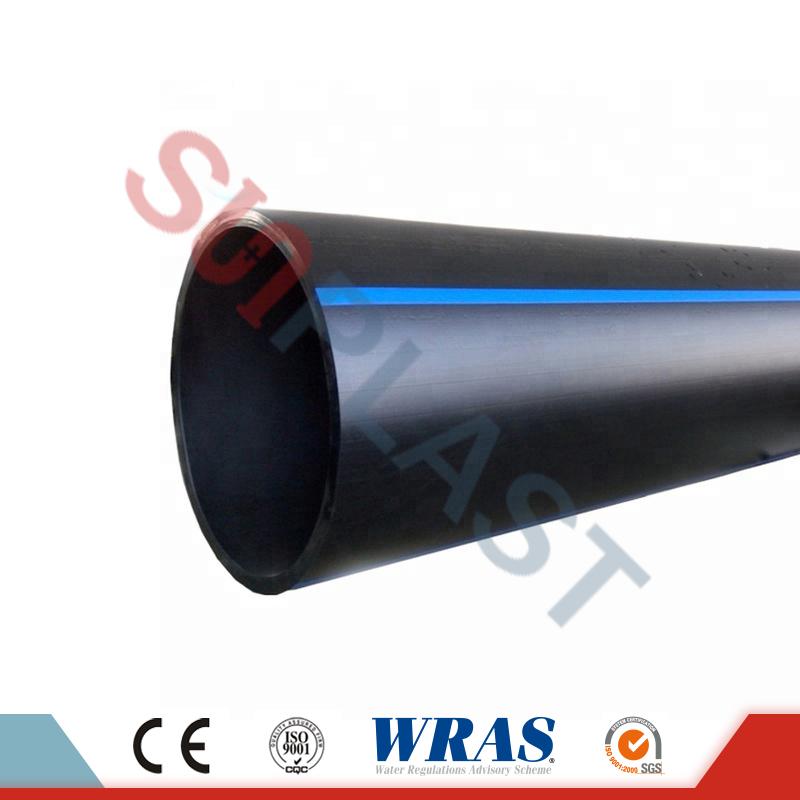HDPE Pipe (Poly Pipe) for Water, Sewer, and Drainage: A Sustainable Solution
2023-10-17
Introduction
In the world of modern infrastructure, the need for reliable, efficient, and sustainable piping systems is paramount. High-Density Polyethylene (HDPE) pipes, commonly referred to as Poly Pipes, have emerged as a game-changing solution for water supply, sewer systems, and drainage. In this blog, we will delve into what HDPE pipes are, their benefits, and their critical role in ensuring the efficient flow of water and waste in various applications.
Unraveling HDPE Pipes
High-Density Polyethylene (HDPE) is a versatile plastic material renowned for its exceptional durability, resistance to chemicals, and low environmental impact. HDPE pipes are manufactured from this material and are designed to carry potable water, wastewater, and other fluids. They are flexible, lightweight, and exhibit impressive strength, making them ideal for a wide range of applications.
Key Features and Benefits
1. Durability: HDPE pipes are known for their long service life, with a proven track record of performance over several decades. They resist corrosion, abrasion, and chemical damage, ensuring a reliable and durable piping system.
2. Flexibility: HDPE pipes are highly flexible, which simplifies installation by allowing them to bend and adapt to various terrain and ground conditions without the need for extensive joints or fittings.
3. Leak Resistance: The fusion-welded joints of HDPE pipes create a seamless, leak-free system. This feature reduces the risk of water loss and contamination.
4. Chemical Resistance: HDPE pipes are resistant to a wide range of chemicals, making them suitable for transporting various fluids, including corrosive substances.
5. Low Maintenance: Once installed, HDPE pipes require minimal maintenance. Their resistance to environmental factors ensures a longer lifespan and reduces the need for frequent repairs or replacements.
Applications and Importance
HDPE pipes have become indispensable in various sectors and applications, including:
1. Water Supply: Municipalities and water utilities use HDPE pipes for potable water distribution due to their corrosion resistance and low maintenance requirements.
2. Sewer Systems: HDPE pipes are crucial components of sewer systems, efficiently conveying wastewater and sewage to treatment facilities. Their leak-resistant joints are vital in preventing environmental contamination.
3. Stormwater Management: In urban environments, HDPE pipes are used to manage stormwater runoff, preventing flooding and ensuring the efficient drainage of rainwater.
4. Agriculture: Farmers use HDPE pipes for irrigation systems, as they are flexible, durable, and resistant to chemicals found in fertilizers and pesticides.
5. Industrial Applications: HDPE pipes are used in various industrial processes to transport chemicals, slurries, and other fluids.
Conclusion
High-Density Polyethylene (HDPE) pipes, commonly known as Poly Pipes, have revolutionized the world of water supply, sewer systems, and drainage. Their durability, flexibility, and chemical resistance make them a sustainable and efficient solution for a wide range of applications. As we continue to confront the challenges of modern infrastructure and environmental sustainability, HDPE pipes stand as a testament to the power of innovation in providing reliable and eco-friendly solutions for our water and waste management needs.



